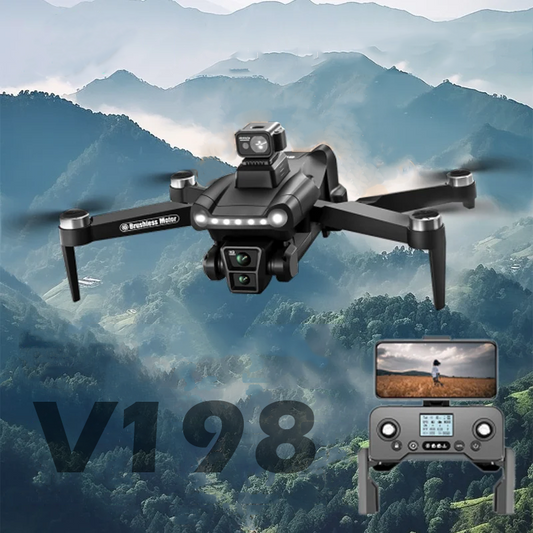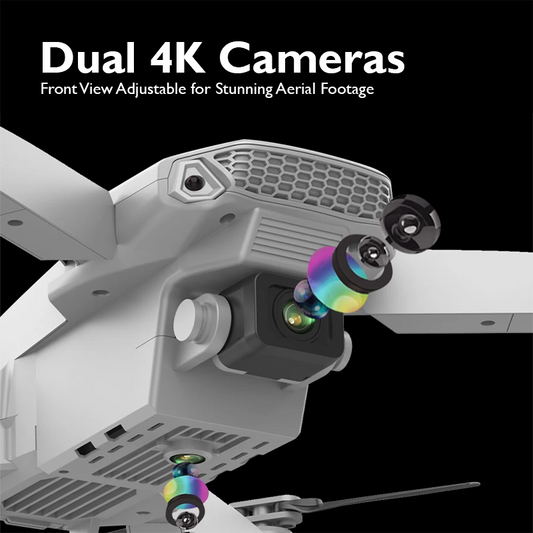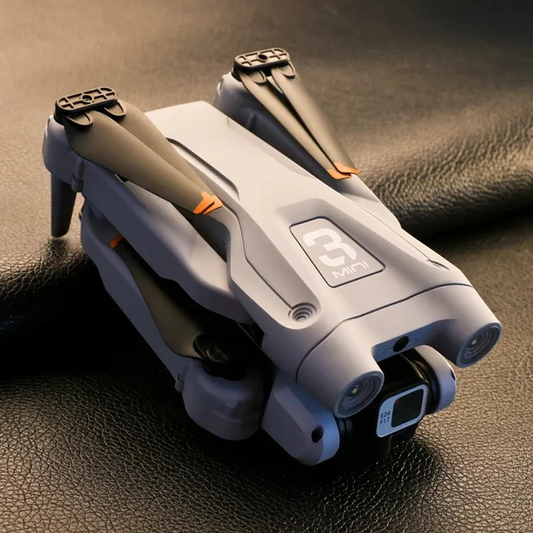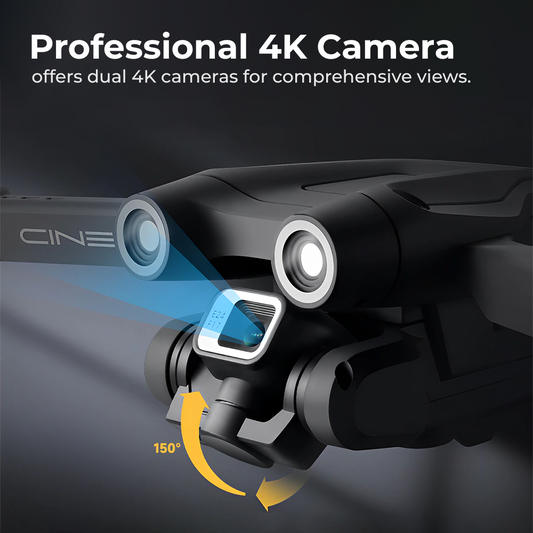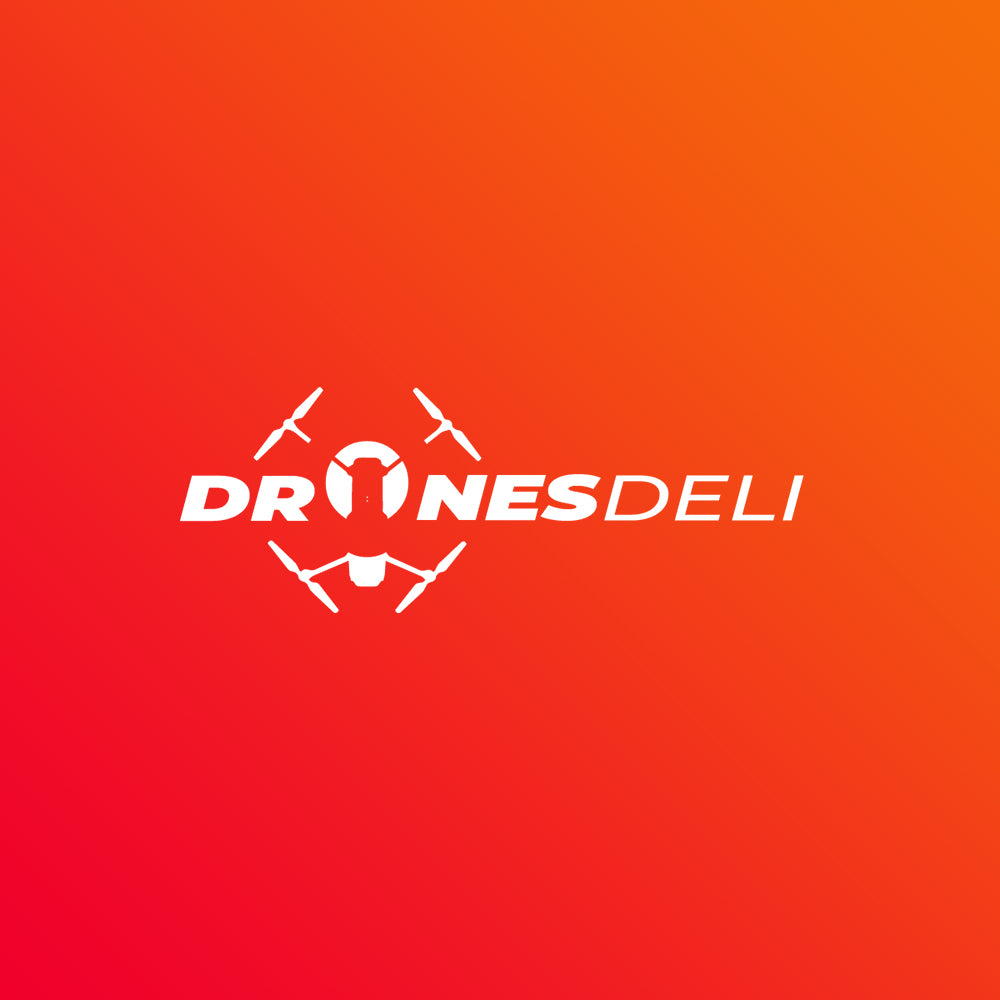Drones in Medical Deliveries: Transforming Healthcare

In the ever-evolving landscape of healthcare, technological advancements continue to play a pivotal role in improving patient outcomes and enhancing the efficiency of medical services. One such innovation that has gained significant attention is the use of drones in medical deliveries. This groundbreaking application of unmanned aerial vehicles (UAVs) is reshaping the way healthcare professionals deliver critical supplies, transforming the industry and unlocking new possibilities for remote and underserved communities.
The Rise of Drones in Healthcare

Drones, originally associated with military applications and recreational use, have found a unique and impactful role in the healthcare sector. The ability of drones to navigate challenging terrains quickly and efficiently has positioned them as valuable assets for medical deliveries, especially in emergency situations and remote areas with limited infrastructure.
The integration of drones in medical deliveries addresses various challenges faced by traditional transportation methods, such as traffic congestion, delays, and accessibility issues. These unmanned vehicles offer a swift and reliable solution, ensuring that medical supplies reach their destination in a timely manner, potentially saving lives.
Key Advantages of Using Drones in Medical Deliveries

1.Rapid Response in Emergency Situations:
In emergency medical situations, time is of the essence. Drones can swiftly navigate through traffic and bypass geographical obstacles, delivering essential medical supplies like blood, medications, or life-saving equipment to emergency responders or healthcare facilities faster than traditional methods.
2.Access to Remote and Underserved Areas:
Many remote and underserved areas lack adequate transportation infrastructure, making it challenging to deliver medical supplies promptly. Drones overcome these challenges by flying directly to the destination, eliminating the need for roads or other conventional transportation routes. This is particularly beneficial for reaching isolated communities or areas affected by natural disasters.
3.Temperature-Sensitive Medication Delivery:
Some medications and medical supplies require strict temperature control to maintain their efficacy. Drones equipped with specialised temperature-controlled compartments can ensure the safe and timely delivery of temperature-sensitive medications, catering to the unique needs of healthcare providers and patients.
4.Reduced Transportation Costs:
Drones offer a cost-effective alternative to traditional transportation methods. They require minimal infrastructure and can operate with lower operational costs, making medical deliveries more economical, especially for healthcare organisations with limited budgets.
5.Environmental Impact:
Drones contribute to a greener and more sustainable healthcare delivery system. With their electric-powered engines, they produce fewer emissions compared to traditional vehicles, aligning with global efforts to reduce the carbon footprint of various industries, including healthcare.
Successful Implementation of Drone Deliveries in Healthcare
1.Rwanda's Zipline Project:

Rwanda has been at the forefront of integrating drones into its healthcare system. The Zipline project, launched in 2016, uses autonomous drones to deliver blood and medical supplies to remote areas. The initiative has significantly reduced delivery times, especially in emergency situations, showcasing the potential of drones in transforming healthcare delivery.
2.Swiss Post and Matternet:

In Switzerland, Swiss Post and Matternet collaborated to implement medical drone deliveries between hospitals. This initiative demonstrated the feasibility of using drones to transport lab samples and other medical items, providing a glimpse into the future of streamlined healthcare logistics.
Challenges and Considerations

While the benefits of using drones in medical deliveries are evident, several challenges and considerations must be addressed to ensure the widespread adoption of this technology.
1.Regulatory Hurdles:
The regulatory landscape for drone usage in healthcare varies across regions. Establishing clear guidelines and regulations is crucial to address safety, privacy, and airspace management concerns.
2.Security and Privacy:
Ensuring the security and privacy of medical data and deliveries is paramount. Implementing robust encryption and security measures is essential to protect sensitive information during drone operations.
3.Integration with Existing Infrastructure:
The seamless integration of drone deliveries into existing healthcare infrastructure requires coordination and collaboration among stakeholders. This includes training healthcare professionals, optimising landing sites, and developing protocols for drone operations within healthcare facilities.
4.Public Perception:
Overcoming public concerns and scepticism about drone technology is crucial for successful implementation. Education and awareness campaigns can play a significant role in addressing misconceptions and building trust in the use of drones for medical deliveries.
The Future of Drones in Medical Deliveries

As technology continues to advance, the role of drones in healthcare is expected to expand further. Future developments may include the use of artificial intelligence (AI) for route optimization, enhanced payload capacities, and increased autonomy, allowing drones to operate more efficiently and cover larger distances.
The integration of drones with other emerging technologies, such as telemedicine and blockchain, holds the potential to create a holistic and interconnected healthcare ecosystem. For example, blockchain technology can be employed to ensure the integrity and traceability of medical supplies during drone deliveries, adding an extra layer of security to the process.
The use of drones in medical deliveries represents a transformative leap forward in healthcare logistics. By addressing critical challenges and leveraging the advantages of drone technology, healthcare systems can enhance their responsiveness, reach remote communities, and ultimately improve patient outcomes. As regulatory frameworks evolve and technology continues to progress, the vision of a healthcare system seamlessly integrated with drone deliveries is becoming a reality, ushering in a new era of innovation and efficiency in the field of medicine.
Explore a variety of drones at our online drone store.
Happy Flying!





